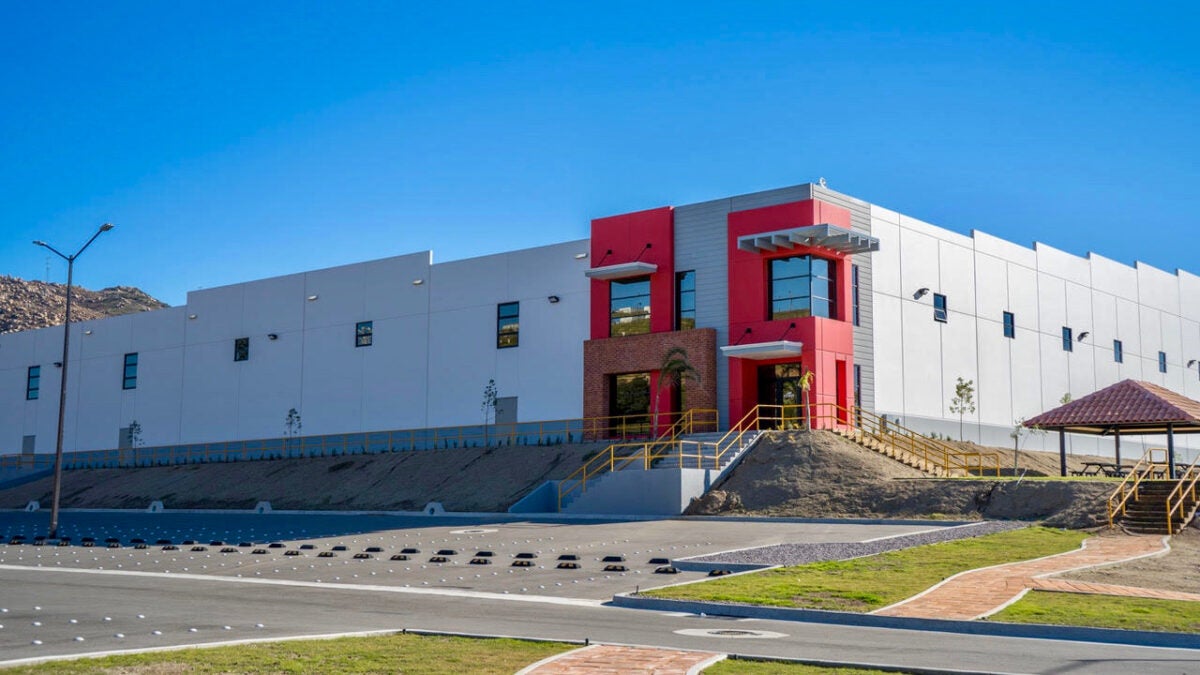Import taxes and tariffs can have a huge impact on e-commerce companies that rely on goods made internationally.
E-commerce fulfillment startup ShipMonk aims to help small and midsized e-commerce importers save money with its international expansion and acquisition of El Mar Mexico (321 Fulfillment of Mexico).
The acquisition includes a fulfillment center located on the U.S.-Mexico border in Tecate, Mexico, and gives ShipMonk its first warehouse facility located outside of the U.S.
The facility in Mexico will enable ShipMonk’s e-commerce customers to leverage U.S. Customs and Border Protection’s Section 321 statute to bypass taxes on import shipments with products that have a value under $800.
Jan Bednar, founder and CEO of ShipMonk, said the company began exploring Section 321 and how it could benefit e-commerce clients about a year ago.
“We started digging into it to understand the market. We’ve had a few customers talk to us about it. They said, ‘Hey, this is a massive opportunity for us, we can save 20% to 30% of our cost of goods sold by utilizing Mexico, Canada and Section 321,’” Bednar told FreightWaves.
The types of products companies are importing and where they are importing from can affect the duty rates they have to pay, especially if the products are coming from China. In 2020, U.S. imports from China topped $435 billion, according to the U.S. Census Bureau.
Shipping directly from China to the U.S. can cost around 20% more in import taxes, according to the Office of the U.S. Trade Representative.
Section 321 allows for the duty-free importation of qualifying goods into the U.S. that are valued at $800 or less.
While most companies buy goods in quantities greater than $800, they can use fulfillment centers in Mexico and Canada — that are in compliance with Section 321 — to buy a shipment of Section 321-eligible goods.
If the goods are from China and valued at $8,000, the shipper can have them sent to Mexico or Canada. The shipper can then have those goods brought to the U.S. in 10 separate $800 shipments, on 10 separate days, without paying about $1,600 in total U.S. tariffs it would otherwise pay if it had imported in bulk directly from China.
“Most of the companies that use Section 321 are on the West Coast because a lot of the products will come either through the Port of Los Angeles or through the port in Tijuana, Mexico,” Bednar said.
Goods are imported into a free trade zone in Mexico, then shipped directly to U.S. consumers within ShipMonk’s shipping zone coverage area, without paying duties and tariff fees.
“Especially for apparel, luggage, home fashion companies, it’s just a great opportunity for them to really take advantage of,” Bednar said.
The facility in Tecate is 120,000 square feet and is located about 20 miles southeast of San Diego and the Otay Mesa port of entry.

“We will have the capacity to handle about half a million orders a month, depending on the type of products,” Bednar said.
Founded in 2014, ShipMonk is headquartered in Fort Lauderdale, Florida, and employs more than 1,200 people. The company has more than 1 million square feet of warehouse space across Florida, California, Pennsylvania and Mexico.
ShipMonk serves a growing base of B2C businesses, including BrüMate, Liquid IV, FEAT, CatLadyBox and Glamnetic.
ShipMonk has raised more than $350 million in growth equity funding over the past 10 months, which it will use to accelerate growth and open a fulfillment center in Europe and possibly Canada, Bednar said.
“It’s still being finalized as of right now. Both of those are going to happen and we have plans for next year,” Bednar said. “Right now we’re 100% focused on the peak holiday [shipping] season. It’s coming up really shortly here.”
Click for more FreightWaves articles by Noi Mahoney.
More articles by Noi Mahoney
It’s the Great Pumpkin (shortage); shippers near end of challenging season
Untapped potential: Far too little freight on US waterways, experts say
Mexico to require more documentation for shipments traversing the country







